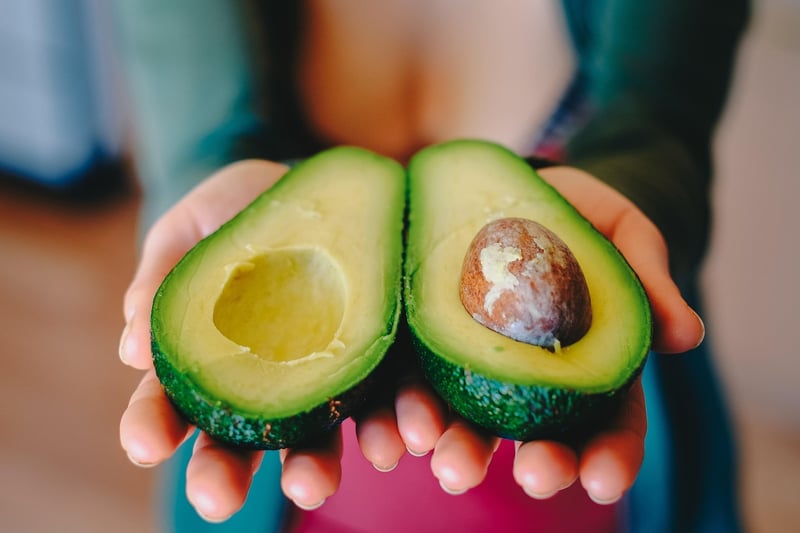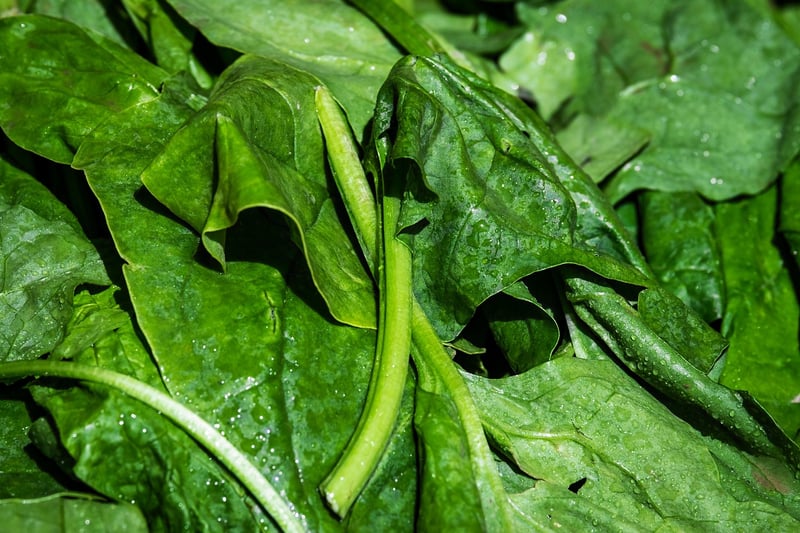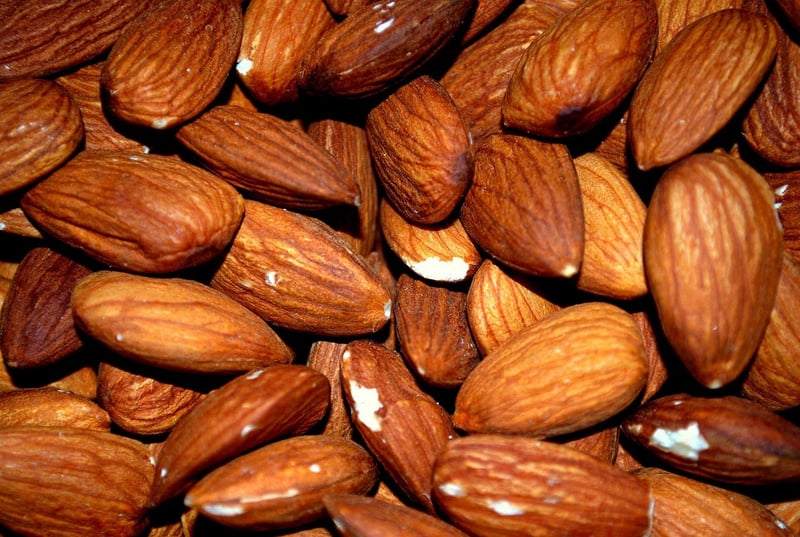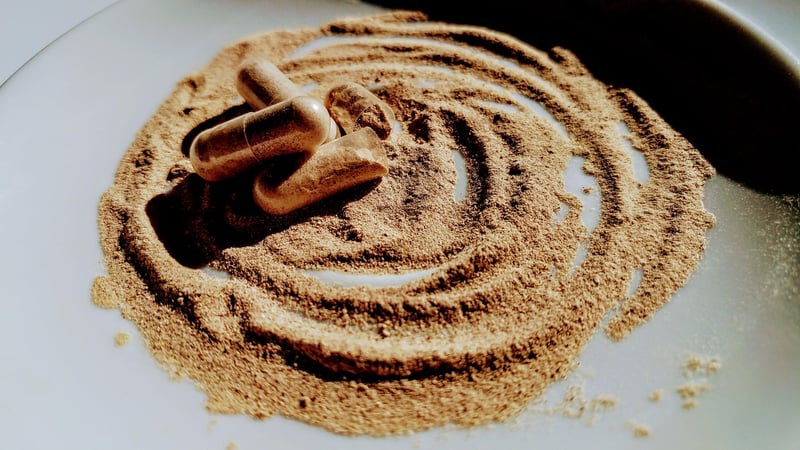Plant-Based Alternatives
The Essential Components of a Plant-Based Diet
Switching to a plant-based diet can have numerous health benefits and is also environmentally friendly. However, ensuring you get all the essential nutrients your body needs is crucial. Here are the key components of a plant-based diet and some alternatives to ensure you meet your nutritional requirements.
Protein
Protein is essential for muscle growth and repair. Plant-based sources of protein include:
- Beans and legumes such as lentils, chickpeas, and black beans
- Nuts and seeds like almonds, chia seeds, and hemp seeds
- Soy products including tofu, tempeh, and edamame
- Quinoa and other whole grains

Iron
Iron is important for oxygen transport in the body. Plant-based sources of iron include:
- Dark leafy greens like spinach and kale
- Lentils and chickpeas
- Quinoa
- Fortified cereals and bread

Calcium
Calcium is crucial for bone health. Plant-based sources of calcium include:
- Fortified plant milks such as almond, soy, or oat milk
- Tofu made with calcium sulfate
- Leafy greens like bok choy and collard greens
- Almonds

Vitamin B12
Vitamin B12 is primarily found in animal products, so plant-based sources include:
- Fortified foods like plant milks, breakfast cereals, and nutritional yeast
- Supplements recommended by healthcare providers

By incorporating these essential components into your plant-based diet and choosing a variety of foods, you can ensure you meet your nutritional needs while enjoying the benefits of a plant-powered lifestyle.
